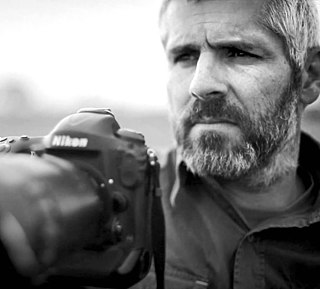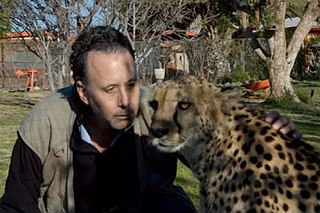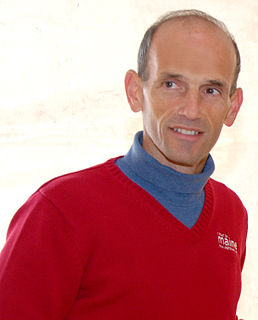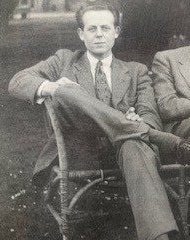A Quote by Gordon Hempton
The most important thing for our species is, before it speaks, to listen to its environment. That has a higher priority in any species' survival. We need to be listening to our environment - in other words, restoring the quiet - not just to our natural areas, but also to towns like Portland, Maine.
Related Quotes
Humanity is a biological species, living in a biological environment, because like all species, we are exquisitely adapted in everything: from our behavior, to our genetics, to our physiology, to that particular environment in which we live. The earth is our home. Unless we preserve the rest of life, as a sacred duty, we will be endangering ourselves by destroying the home in which we evolved, and on which we completely depend.
My aim is to advocate that we make this mental switch in respect of our attitudes and practices towards a very large group of beings: members of species other than our own - or, as we popularly though misleadingly call them, animals. In other words, I am urging that we extend to other species the basic principle of equality that most of us recognize should be extended to all members of our own species.
...we sacrifice other species to our own not because our own has any objective metaphysical privilege over others, but simply because it is ours. It may be very natural to have this loyalty to our own species, but let us hear no more from the naturalists about the "sentimentality" of anti-vivisectionists. If loyalty to our own species - preference for man simply because we are men - is not sentiment, then what is?
'Environment' is not an abstract concern, or simply a matter of aesthetics, or of personal taste - although it can and should involve these as well. Man is shaped to a great extent by his surroundings. Our physical nature, our mental health, our culture and institutions, our opportunities for challenge and fulfillment, our very survival - all of these are directly related to and affected by the environment in which we live. They depend upon the continued healthy functioning of the natural systems of the Earth.
We are creatures. We have a link with a native habitat just like every other species. Throughout most of human history, physical activity was unavoidable, calories were scarce and hard to get. In the modern era, calories are unavoidable, physical activity is scare and hard to get. The traits that allowed our ancestors to survive, and let's face it, the survival of our ancestors is the reason that we're here because the people who don't survive and make very crummy ancestors, are our traits. But they're very much at odds with the modern environment.
If we've learned any lessons during the past few decades, perhaps the most important is that preservation of our environment is not a partisan challenge; it's common sense. Our physical health, our social happiness, and our economic well-being will be sustained only by all of us working in partnership as thoughtful, effective stewards of our natural resources.
Human beings never think for themselves. For the most part, members of our species simply repeat what they are told - and become upset if they are exposed to any different view. The characteristic human trait is not awareness but conformity. We are stubborn, self-destructive conformists. Any other view of our species is just a self-congratulatory delusion.



































